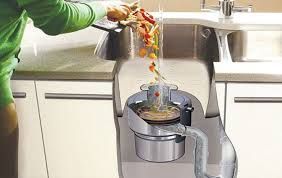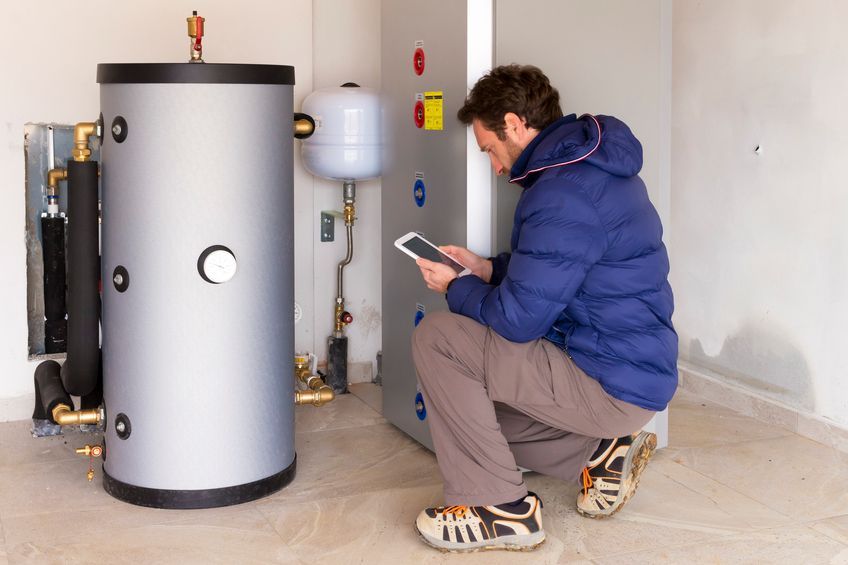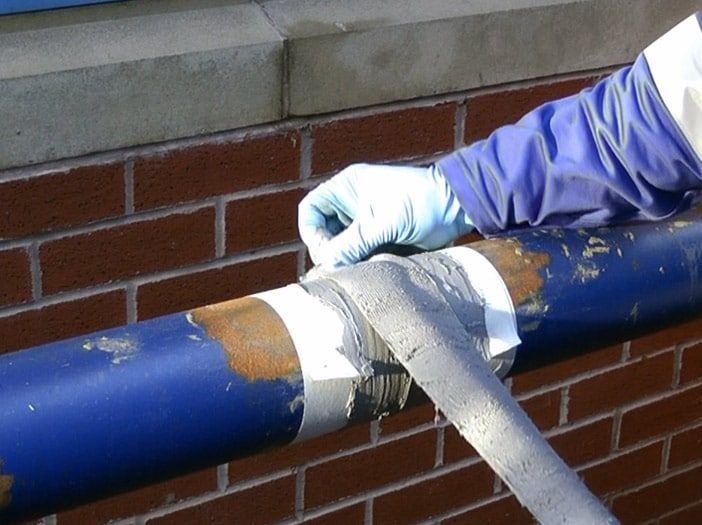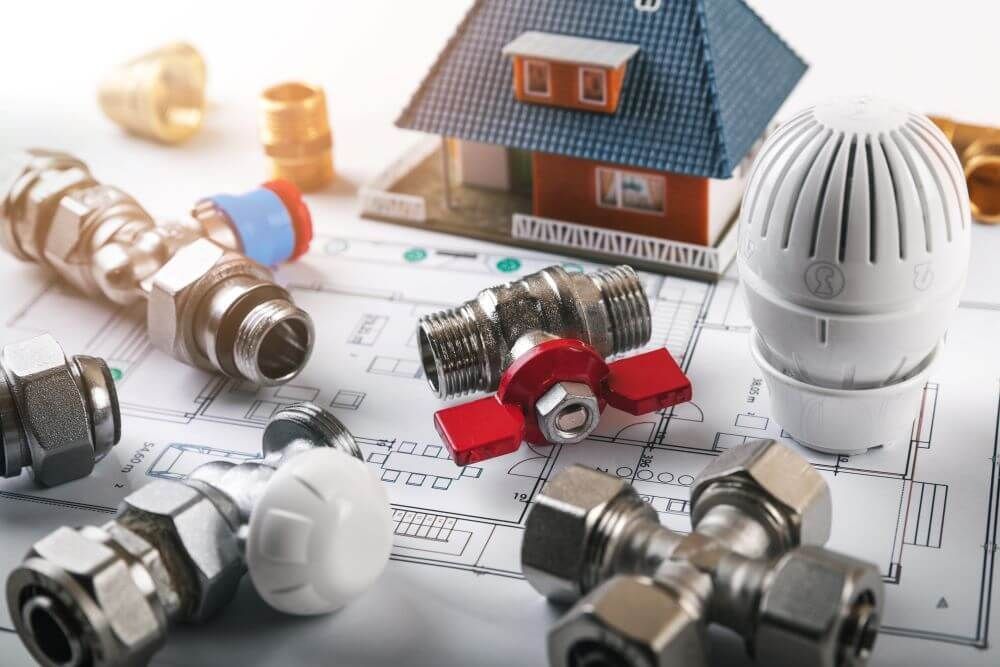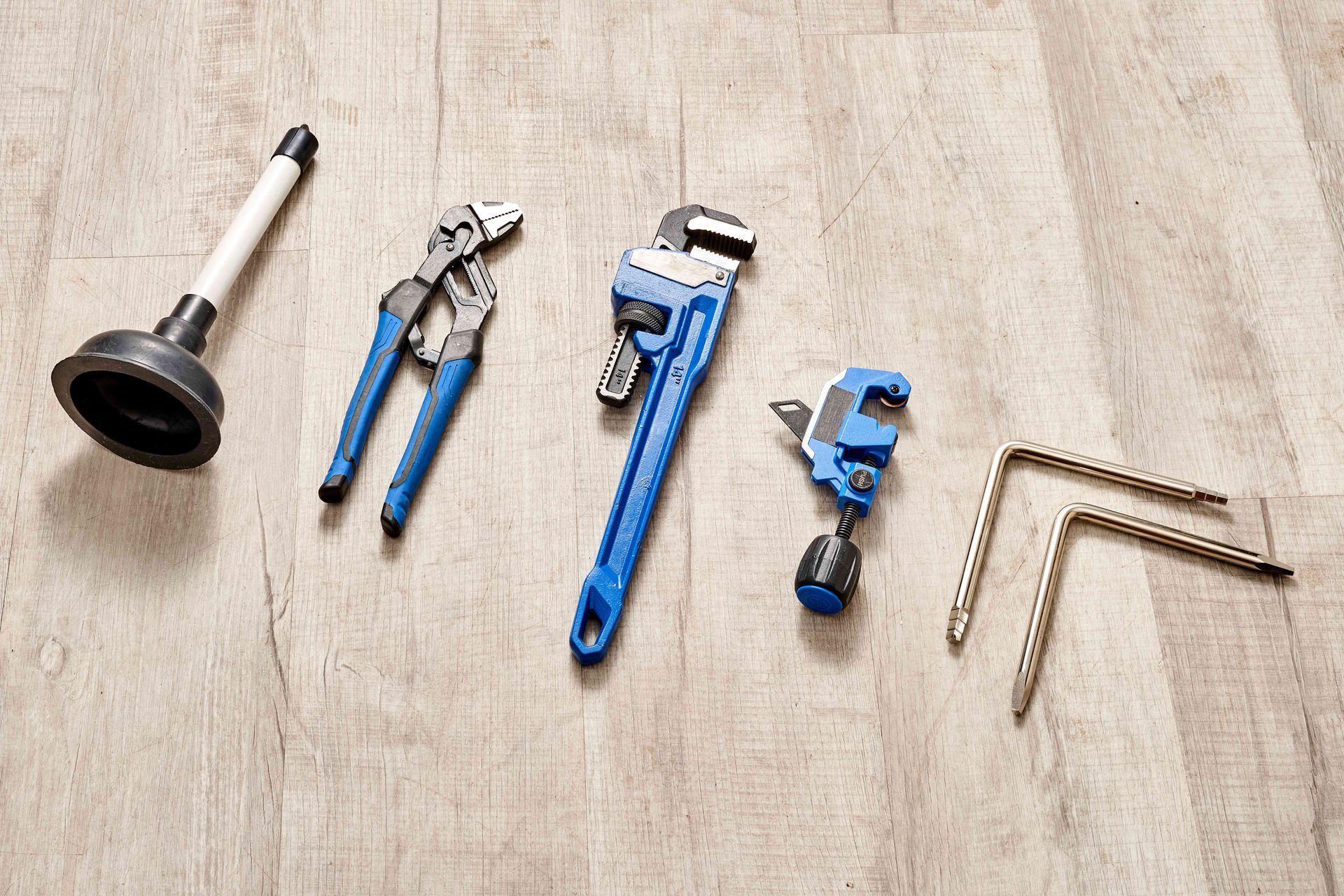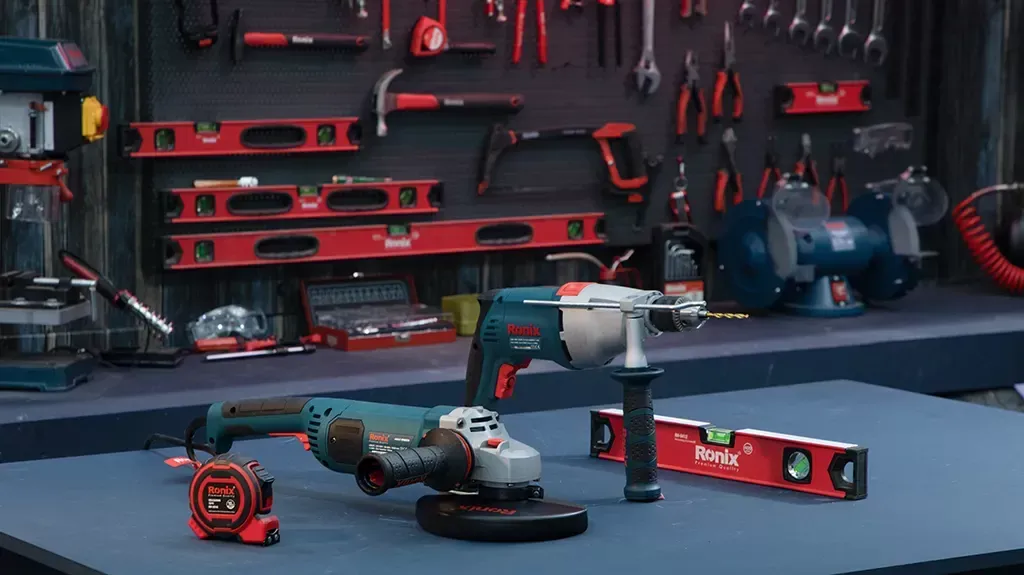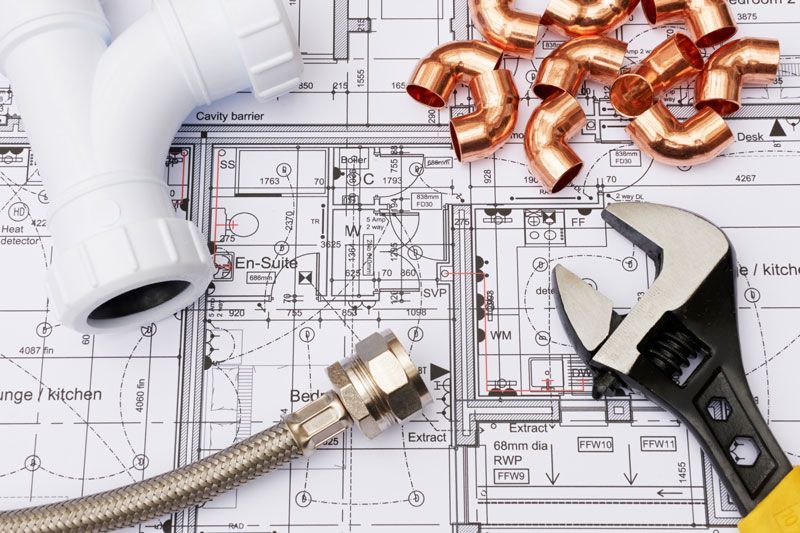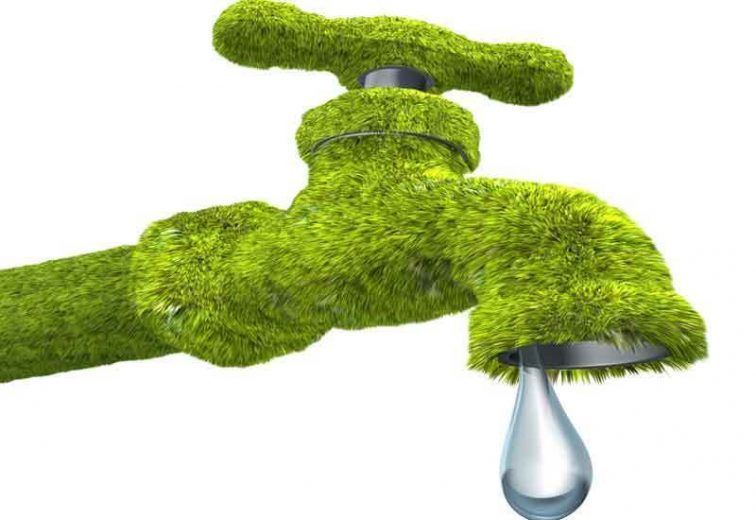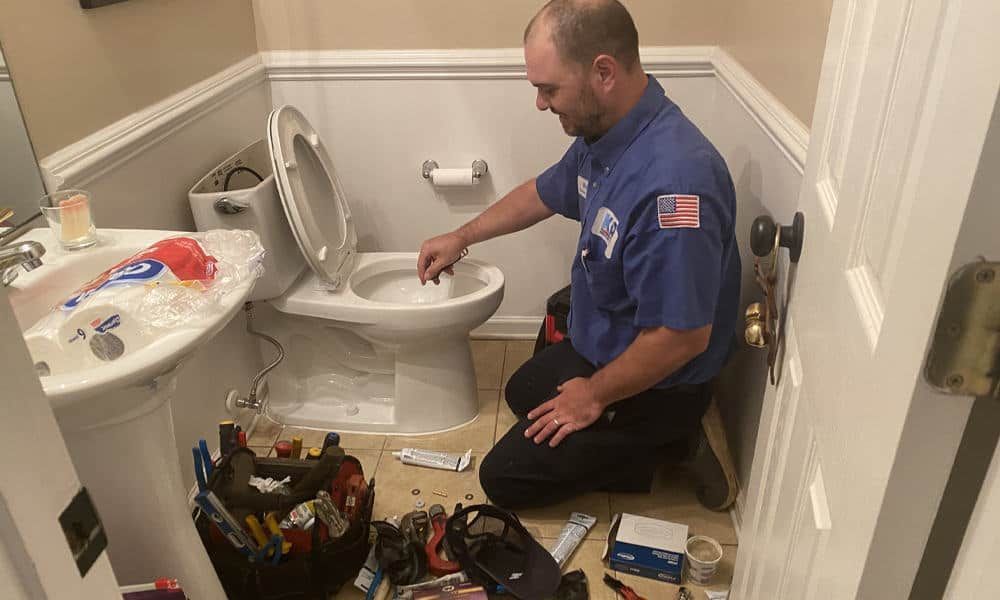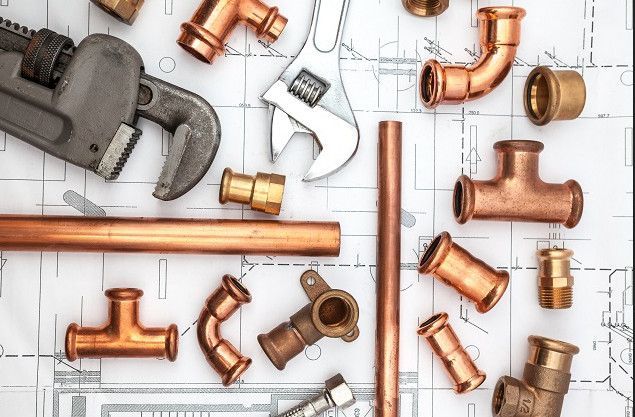How Many Amps Does A Tankless Water Heater Use?
How Many Amps Does A Tankless Water Heater Use?
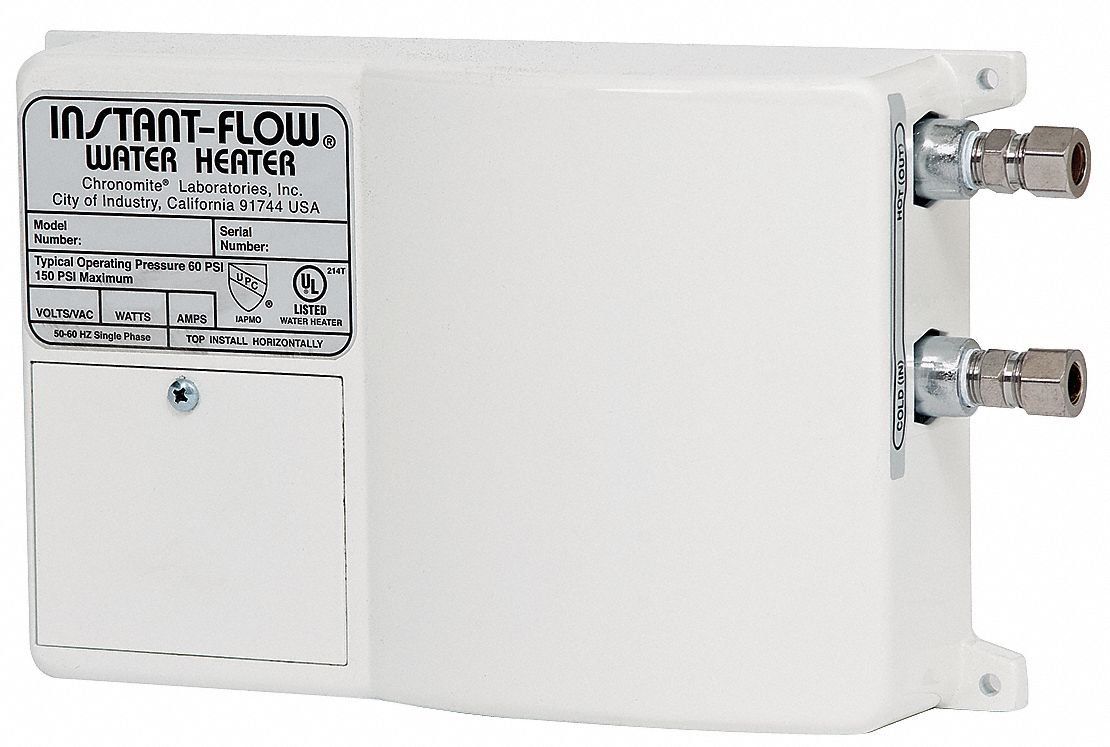
The water heater is among the most crucial but underappreciated pieces of equipment in your house. If you’re planning on getting a new one, be sure to factor in the amperage it will use.
The number of watts determines an electric water heater’s wattage that you’ll use per day, not by its amperage. The amperage is vital to ensure that your current electrical system isn’t overloaded. The typical voltage for an electric water heater is 240V, while the specific power consumption is 4500 Watts. A gas water heater usually consumes less than 12 Amps at 115V (in the US and Canada).
- Heater Type
- Fuel Type
- Capacity
- Energy Efficiency
Understanding the number of amps required by a water heater is critical information for any homeowner. However, choosing a water heater may be difficult, given the plethora of available alternatives.
With so many different types of water heaters on the market, determining how many amps your current water heater requires might be difficult. Your home’s electrical system can quickly become overloaded if you don’t have the correct amperage.
Signs that your electrical system isn’t big enough to handle your water heater include having to wait long for the water to heat up or breakers that trip without notice. When thinking about getting a more powerful water heater, a few things to consider when calculating how many amps your new unit will need are
If you’re looking for Sacramento tankless water heater repair or installation services, you’ve come to the right place. 5-star plumbing’s professional plumbers can assist you with any of your tankless water heater needs.
What is the Standard Amperage for a Tankless Water Heater?
On average, an on-demand heater requires 120 amps to run. That is significantly higher than the traditional units that only need 30 amps to power them.
If you live in an older home, the amperage available is only 100-200. That will require a professional electrician upgrade to your electrical system, which may include adding a subpanel of circuit breakers to increase the total amps available. The key elements that affect the amount of amperage used by water heaters include the type and fuel requirements of the heater and its capacity.
Power Requirements For Tankless Water Heater
Tankless water heaters, whether the gas or electric type, are very energy-efficient when compared to traditional water heaters. While a gas tankless device utilizes propane, other sections of the water heating system still rely on electricity. So, what electrical specifications does a tankless gas water heater have?
Tankless gas water heaters typically require a 15- or 20-ampere 120-volt circuit to operate the electric pilot light and control panel. According to the National Electrical Code, these types of water heaters shouldn’t have courses that exceed 120 amperes and should be protected at 150 amperes max.
Depending on where you live, your tankless gas water heater will require different amounts of electricity. That is because while some areas have access to 220 volts worth of power supply, others only have 110 volts. Therefore, the unit’s wattage determines how much voltage the circuit requires. Usually, this ranges from 208V up to 277V.
Сan My Panel Handle a Tankless Water Heater?
Do not utilize the same calculated amperage as your final tankless water heater size breaker. You’ll be putting yourself and others in danger if you do since there will be no protection in case of a power surge. In addition, according to the National Electric Code (NEC), a circuit breaker should only handle 80% of its total capacity.
So, an 80-amp breaker should be used for a 100-amp tankless water heater. If not, get a circuit with a higher amperage to avoid any problems. If you have a tankless water heater, you must use the appropriately sized circuit breaker. You could be in danger of electrical fires if you don’t. According to NEC requirements, a circuit breaker should only be able to handle up to 80% of its maximum capacity.




